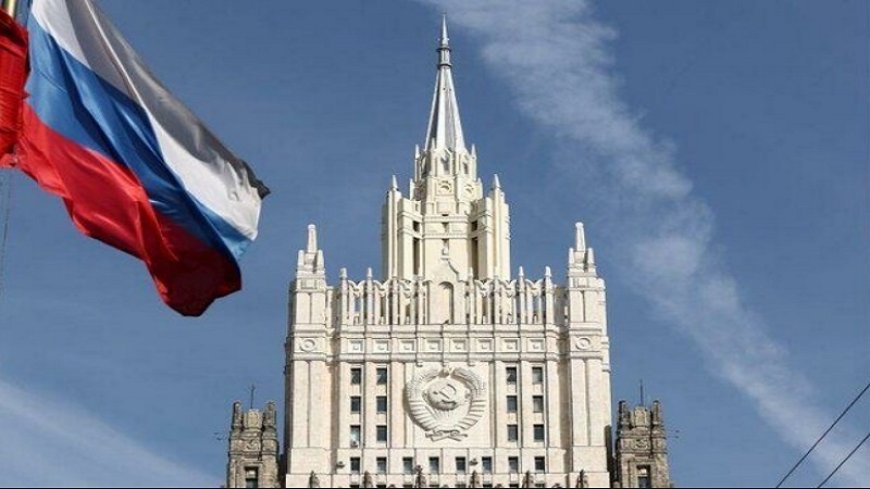Russia Warns Poland Against Intercepting Missiles in Ukraine, Promises "Concrete" Response

The Russian Foreign Ministry has issued a stern warning to Poland, stating that any attempt by Warsaw to intercept Russian missiles in Ukraine would be met with a "concrete and appropriate" response. This statement comes after Polish Foreign Minister Radoslaw Sikorski suggested that Poland might consider shooting down Russian missiles targeting Ukraine.
Oleg Tyapkin, the director of the Third European Department of the Russian Foreign Ministry, addressed the matter in an interview with Sputnik, emphasizing that no formal discussions had taken place between Russia and Poland—or any other country—regarding the interception of Russian missiles. Tyapkin reiterated that Russia's missile strikes in Ukraine are conducted with the "legitimate aim of eliminating military threats."
Tyapkin warned that if Poland were to act on what he described as "adventurous impulses" by attempting to intercept Russian long-range weapons, Russia's response would be decisive. "The response will be appropriate and quite concrete," he stated, signaling the seriousness with which Moscow views any potential interference by Poland.
Tensions Escalate Amid Poland's Considerations
The situation has heightened tensions between Russia and Poland, as well as within the broader context of the ongoing conflict in Ukraine. The possibility of Poland taking an active role in intercepting Russian missiles has raised concerns about the potential for a broader confrontation, particularly given Poland's NATO membership.
Poland's contemplation of such measures follows an agreement on defense and security cooperation signed in July by Ukrainian President Volodymyr Zelenskyy and Polish Prime Minister Donald Tusk. Zelenskyy has claimed that the agreement includes provisions for shooting down Russian missiles over Ukrainian territory. However, Polish Defense Minister Wladyslaw Kosiniak-Kamysz clarified that Warsaw could not make such decisions unilaterally and that any such action would require broader international consensus.
International Reactions and NATO's Stance
NATO Secretary-General Jens Stoltenberg has sought to distance the alliance from the conflict, making it clear that NATO does not intend to intervene directly in the Russia-Ukraine war. Similarly, German Chancellor Olaf Scholz rejected Zelenskyy's call for international forces to shoot down Russian missiles in Ukraine, emphasizing that such actions could escalate the conflict beyond Ukraine's borders.
The cautious approach from NATO and key European leaders underscores the complexity and risks associated with any direct military engagement with Russia. The alliance's position reflects a broader concern about the potential for escalation and the importance of maintaining a careful balance between supporting Ukraine and avoiding direct conflict with Russia.
The Broader Implications
Russia's warning to Poland highlights the fragile nature of the current geopolitical situation in Eastern Europe. Any move by Poland to engage Russian military assets could trigger a severe response from Moscow, potentially drawing other NATO members into a broader confrontation.
As the conflict in Ukraine continues, the international community is watching closely to see how these tensions will unfold. The situation underscores the importance of diplomatic efforts to manage the crisis and prevent further escalation. With high stakes on all sides, the next steps taken by Poland, Russia, and NATO will be crucial in determining the trajectory of the conflict.













































